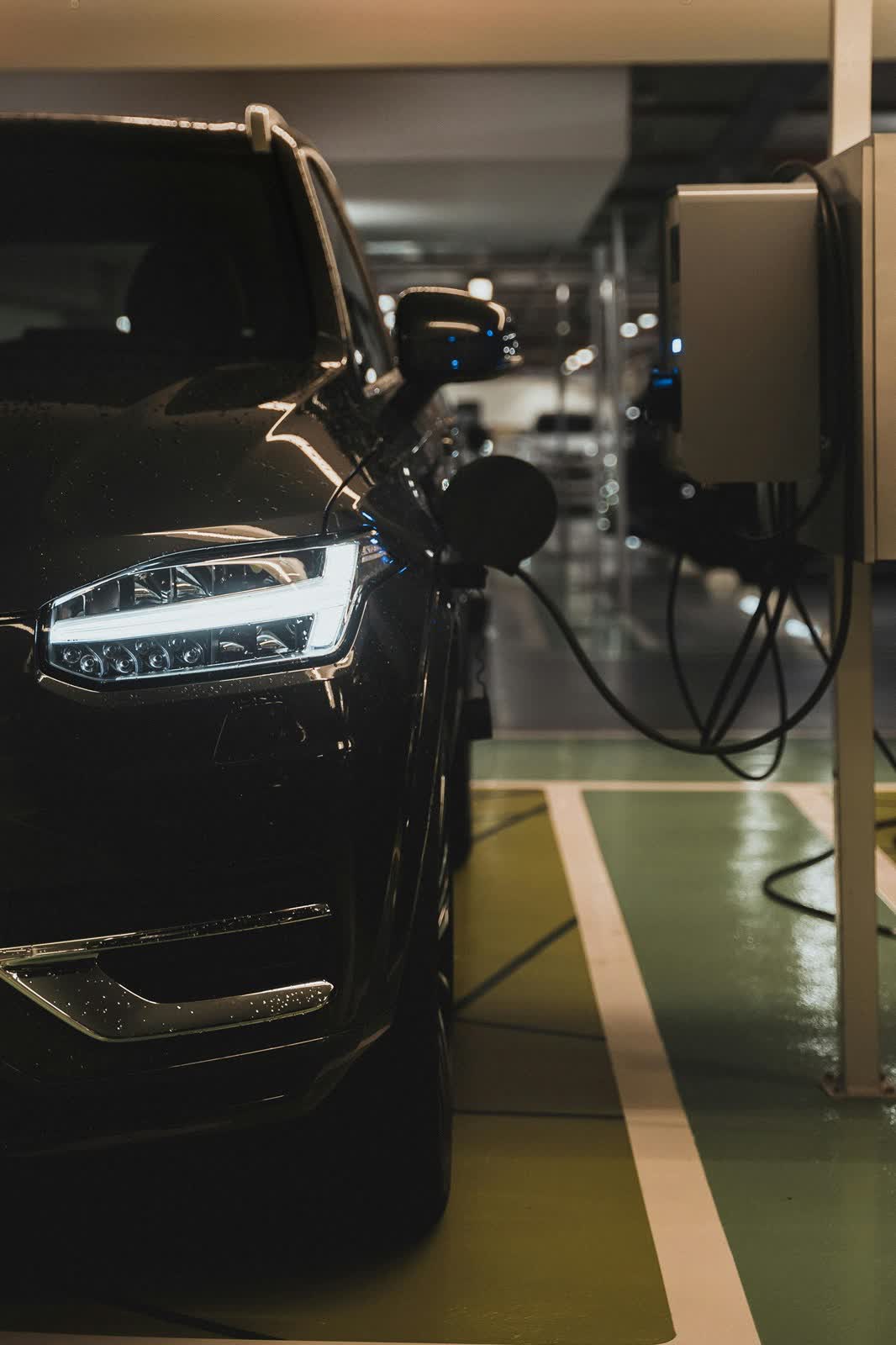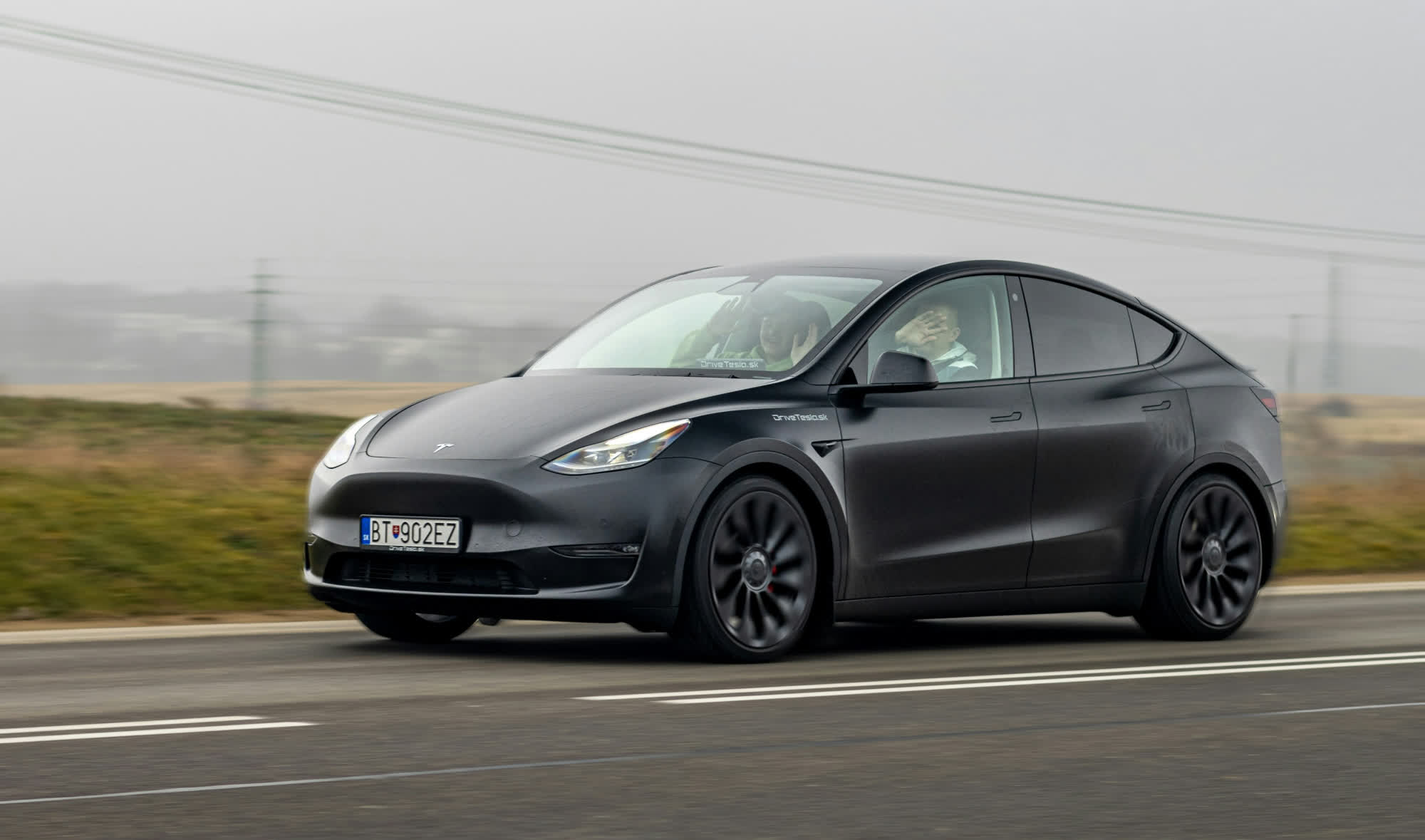The big picture: As signs of declining EV adoption emerge in other countries, Norway's success in electrifying its transport sector offers valuable lessons. While the achievements may not be easily replicated due to its unique economic and geographical factors, the country's experience demonstrates that a rapid transition to sustainable transportation is possible with the right combination of incentives, infrastructure, and public support.
Norway has become the first country where electric cars outnumber petrol-powered vehicles. As of September 16, 2024, the Norwegian Road Federation (OFV) reported that out of 2.8 million registered passenger cars, 754,303 are electric, surpassing the 753,905 petrol cars.
In August alone, an astounding 94.3 percent of new car registrations in Norway were all-electric, driven by strong sales of the Tesla Model Y. September also marked the first time since 2011 that there were fewer than one million diesel passenger cars in Norway.
Although diesel vehicles still dominate the Norwegian car market, their sales are rapidly declining, and projections suggest that by 2026, electric cars could outnumber them as well.
The development is particularly striking for a country that is one of the world's largest oil exporters. Despite the oil industry, Norway aims to sell only zero-emission vehicles by 2025, a full decade ahead of the European Union's target.
Øyvind Solberg Thorsen, director of OFV, hailed the achievement as "historic" and "a milestone few anticipated a decade ago." Indeed, two decades ago, Norway had 1.6 million petrol cars, 230,000 diesel vehicles, and a mere 1,000 electric cars on its roads. Thorsen believes Norway will eventually become the first nation with an EV-dominated passenger car fleet.

Norway's recent milestone comes with some caveats. Thorsen noted that many enthusiast cars – especially older models – are only registered during the summer and are deregistered and parked when fall arrives.
Norway's EV success story can be attributed to several key factors. Substantial tax rebates have made EVs price-competitive with heavily taxed petrol and diesel vehicles. Additional perks, such as exemptions from urban tolls, free parking, and access to bus lanes, have further encouraged EV adoption. Moreover, there is a strong commitment among the population to reduce greenhouse gas emissions.
The achievement stands in stark contrast to the broader European market, where EV sales have been declining since the end of 2023. At the beginning of this year, EVs accounted for just 12.5 percent of new car sales in Europe, according to the European Automobile Manufacturers' Association (ACEA).
The decline can be partially attributed to the rising popularity of hybrid models over fully electric vehicles in many European countries. Additionally, some nations have reduced or eliminated EV incentives. For instance, Sweden saw a drop in EV sales after removing purchase rebates. Norway's EV market, in comparison, is more mature, having started its transition earlier than most European countries.
